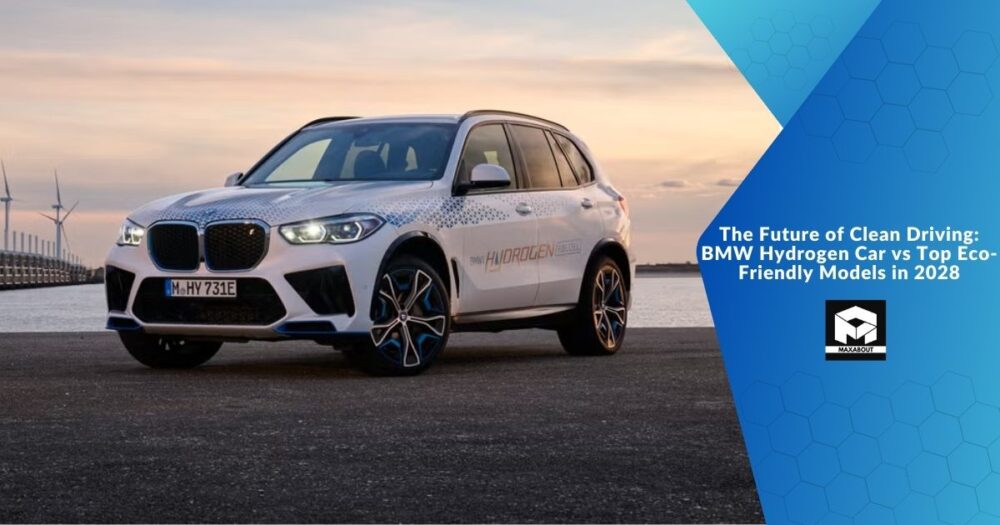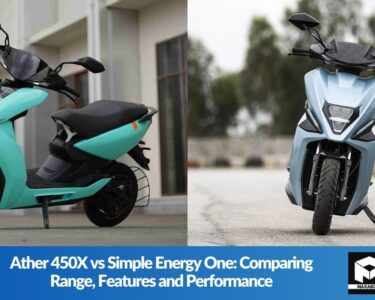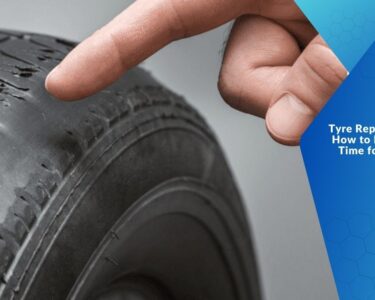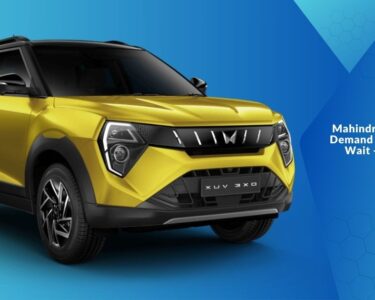BMW’s Hydrogen Car: A New Era in Clean Driving
The Technology Behind BMW’s Hydrogen Fuel Cells
The technology behind BMW’s hydrogen fuel cells is truly groundbreaking. Hydrogen serves as a clean energy source, allowing vehicles to run without harmful emissions. Instead of relying on batteries, these cars use hydrogen stored in tanks, which is converted into electricity through a fuel cell. This process not only provides power but also enables quick refueling in just three to four minutes, similar to traditional gasoline vehicles.
Partnership with Toyota: A Collaborative Effort
Our collaboration with Toyota has been a significant step forward in hydrogen technology. By combining our expertise, we aim to create efficient fuel cell systems that can be used in everyday vehicles. This partnership has allowed us to share knowledge and resources, making our hydrogen cars more reliable and accessible.
Expected Market Impact and Consumer Reception
As we look ahead to 2028, we anticipate a positive market impact for hydrogen cars. With growing environmental concerns, consumers are increasingly interested in sustainable options. We believe that our hydrogen vehicles will attract eco-conscious buyers who want to reduce their carbon footprint while enjoying the convenience of quick refueling.
BMW’s Commitment to Sustainability
At BMW, our commitment to sustainability is unwavering. We are dedicated to exploring various energy sources, including hydrogen, to create a cleaner future for driving. Our long history of research and development in hydrogen technology showcases our determination to lead the way in eco-friendly automotive solutions.
Comparing Top Eco-Friendly Models of 2028
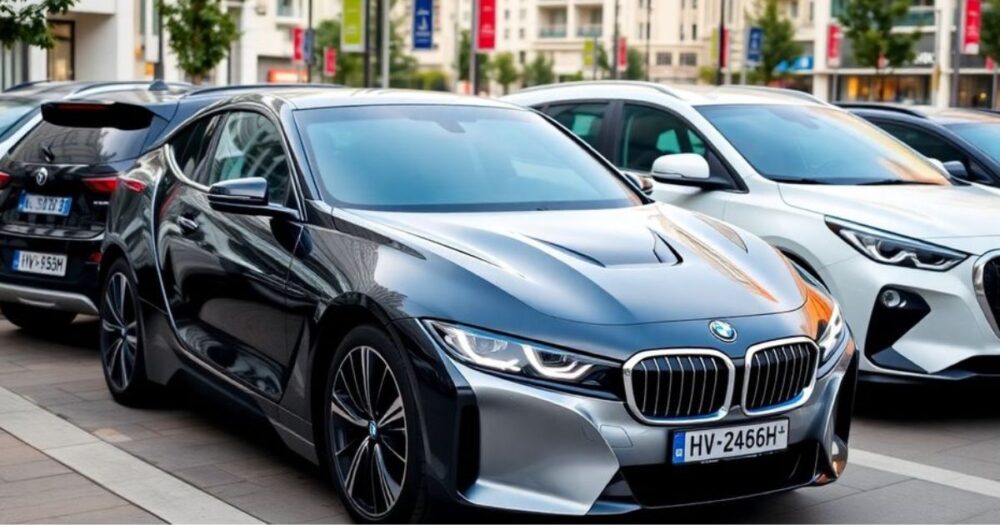
Electric Vehicles: Leading the Charge
As we look ahead to 2028, electric vehicles (EVs) are set to dominate the market. These cars are not only efficient but also help reduce our carbon footprint. Here are some key points about EVs:
- They run entirely on electricity, which can be generated from renewable sources.
- Charging infrastructure is expanding rapidly, making it easier for users to charge their vehicles.
- Many governments are offering incentives to encourage EV adoption.
Hybrid Cars: Bridging the Gap
Hybrid cars combine both electric and gasoline engines, making them a popular choice for many drivers. They offer a smooth transition for those not ready to go fully electric. Some benefits include:
- Better fuel efficiency compared to traditional cars.
- Reduced emissions, contributing to cleaner air.
- Flexibility in fuel options, allowing drivers to switch between electric and gasoline.
Hydrogen vs. Electric: Pros and Cons
When comparing hydrogen cars to electric vehicles, we find both have unique advantages and challenges:
| Feature | Hydrogen Cars | Electric Vehicles |
|---|---|---|
| Refueling Time | Quick (about 5 minutes) | Longer (30 minutes to several hours) |
| Range | Longer (up to 400 miles) | Varies (200-300 miles average) |
| Infrastructure | Limited but growing | Rapidly expanding |
Innovations in Eco-Friendly Automotive Technology
The automotive industry is constantly evolving, and 2028 will see exciting innovations:
- Improved battery technology for longer-lasting EVs.
- Advanced hydrogen production methods to make it more sustainable.
- Smart technology integration for better energy management in vehicles.
In conclusion, as we move towards 2028, the competition between hydrogen cars and electric vehicles will shape the future of clean driving. We must stay informed and consider our options carefully.
Infrastructure and Market Readiness for Hydrogen Cars
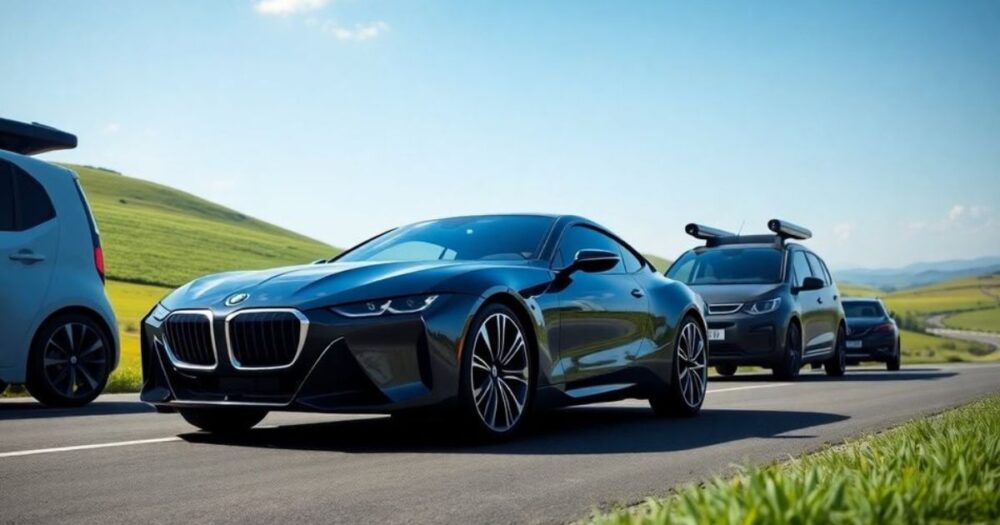

Hydrogen Refueling Stations: Current Status and Future Plans
As we look ahead to 2028, the development of hydrogen refueling stations is crucial for the success of hydrogen cars. Currently, the number of these stations is limited, but we expect significant growth in the coming years. By 2028, we aim to have a robust network of refueling stations that can support the increasing number of hydrogen vehicles on the road.
Government Policies and Incentives
Government support will play a key role in promoting hydrogen technology. Here are some expected initiatives:
- Subsidies for hydrogen infrastructure development
- Tax incentives for consumers purchasing hydrogen vehicles
- Funding for research and development in hydrogen production
Challenges in Hydrogen Production and Distribution
While hydrogen has great potential, there are challenges we must overcome:
- High production costs: Making hydrogen in an eco-friendly way can be expensive.
- Limited distribution networks: We need more pipelines and stations to make hydrogen accessible.
- Public perception: Many people are still unaware of the benefits of hydrogen cars.
Consumer Awareness and Adoption
To ensure the success of hydrogen vehicles, we need to raise awareness among consumers. This can be achieved through:
- Educational campaigns about the benefits of hydrogen
- Test drive events to experience hydrogen cars firsthand
- Partnerships with local businesses to promote hydrogen technology
In conclusion, while there are hurdles to overcome, the future of hydrogen cars looks promising with the right infrastructure and support.
Frequently Asked Questions
What is BMW’s hydrogen car and when will it be available?
BMW’s hydrogen car is a new vehicle that uses hydrogen fuel cells for power. It is expected to hit the market in 2028.
How does hydrogen fuel cell technology work?
Hydrogen fuel cells convert hydrogen gas into electricity, which powers the car. This process produces only water as a byproduct.
What are the benefits of hydrogen cars compared to electric cars?
Hydrogen cars can be refueled in just a few minutes and have a longer range than many electric vehicles, making them more convenient for long trips.

